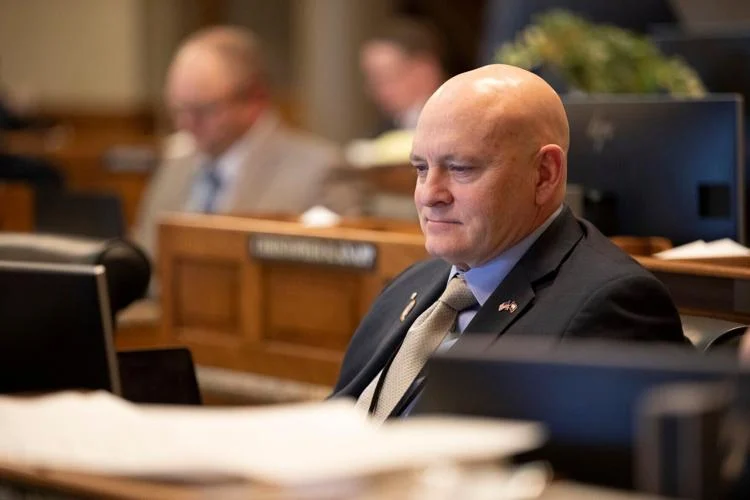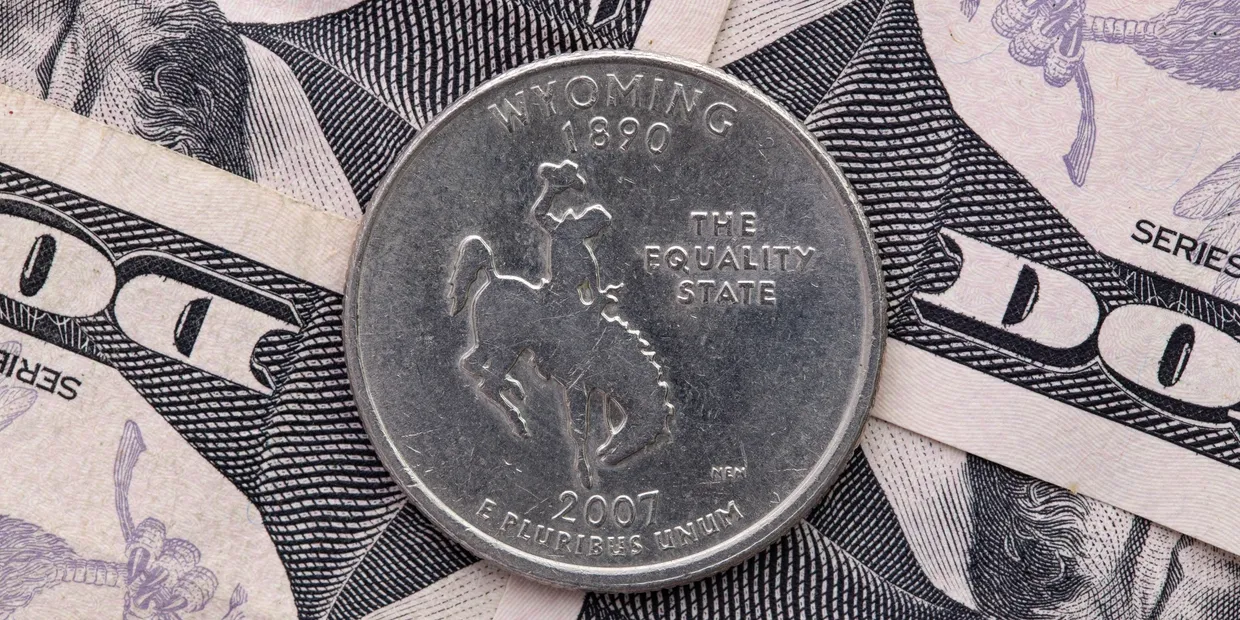The Ethiopian government has proposed an 18% haircut on its $1 billion bond as part of a debt restructuring effort, but a powerful group of investors has already rejected the offer, Bloomberg reports.
The government outlined its debt-rework strategy during a call with global investors on Tuesday, acknowledging significant obstacles to progress. A group of creditors, holding over 40% of the bonds, dismissed a haircut in August, stating that any principal reduction was unnecessary.
The disagreement hinges on conflicting assessments of Ethiopia’s economic hardship. The government, citing an International Monetary Fund (IMF) debt sustainability analysis, argues that the nation faces a “solvency issue, albeit by a small margin,” suggesting a need for principal reduction. However, the bondholder group maintains that Ethiopia faces only a potential liquidity crunch, not a solvency issue.
The bondholder group, represented by Newstate Partners LLP and Weil, Gotshal & Manges LLP as financial and legal advisors, includes major investors like Morgan Stanley Asset Management, Farallon Capital Management LLC, and VR Capital Group Ltd. They maintain that any haircut is unwarranted and are prepared to block any agreement on debt restructuring.
Ethiopia is seeking to restructure its external debt, which includes $12.4 billion owed to bilateral creditors, using the Group of 20’s Common Framework guidelines. Under this framework, the IMF’s debt sustainability analysis forms the basis for negotiations with all creditor groups.
Despite securing a $3.4 billion loan from the IMF in July, Ethiopia needs to renegotiate its debt to both bondholders and official creditor committees (OCC), which include countries like China and France. While the government has expressed progress in negotiations with the OCC, it faces a roadblock with bondholders.
Despite the stalemate, Ethiopia remains committed to working with the bondholder committee and is inviting them to negotiate in parallel with the OCC process.
Ethiopia defaulted on its $1 billion eurobond in December, and the 2024 note is currently trading at 77.65 cents on the dollar. The country’s external debt reached $28.2 billion by June 30, with approximately 70% owed by the government and most of the remainder by state-owned enterprises. The increase is partly attributed to fluctuations in currency rates and increased disbursements.









